The mayor of Denver, Mike Johnston, announced Wednesday an extension of support for 1,000 migrants in the city, allowing them to stay up to six months in an apartment while they receive training for work.
Denver has been struggling to avoid cutting city services as more migrants flood into its shelters. Johnston hopes a shift in strategy will help alleviate the budget concerns ahead of new migrant arrivals.
Newcomer Program
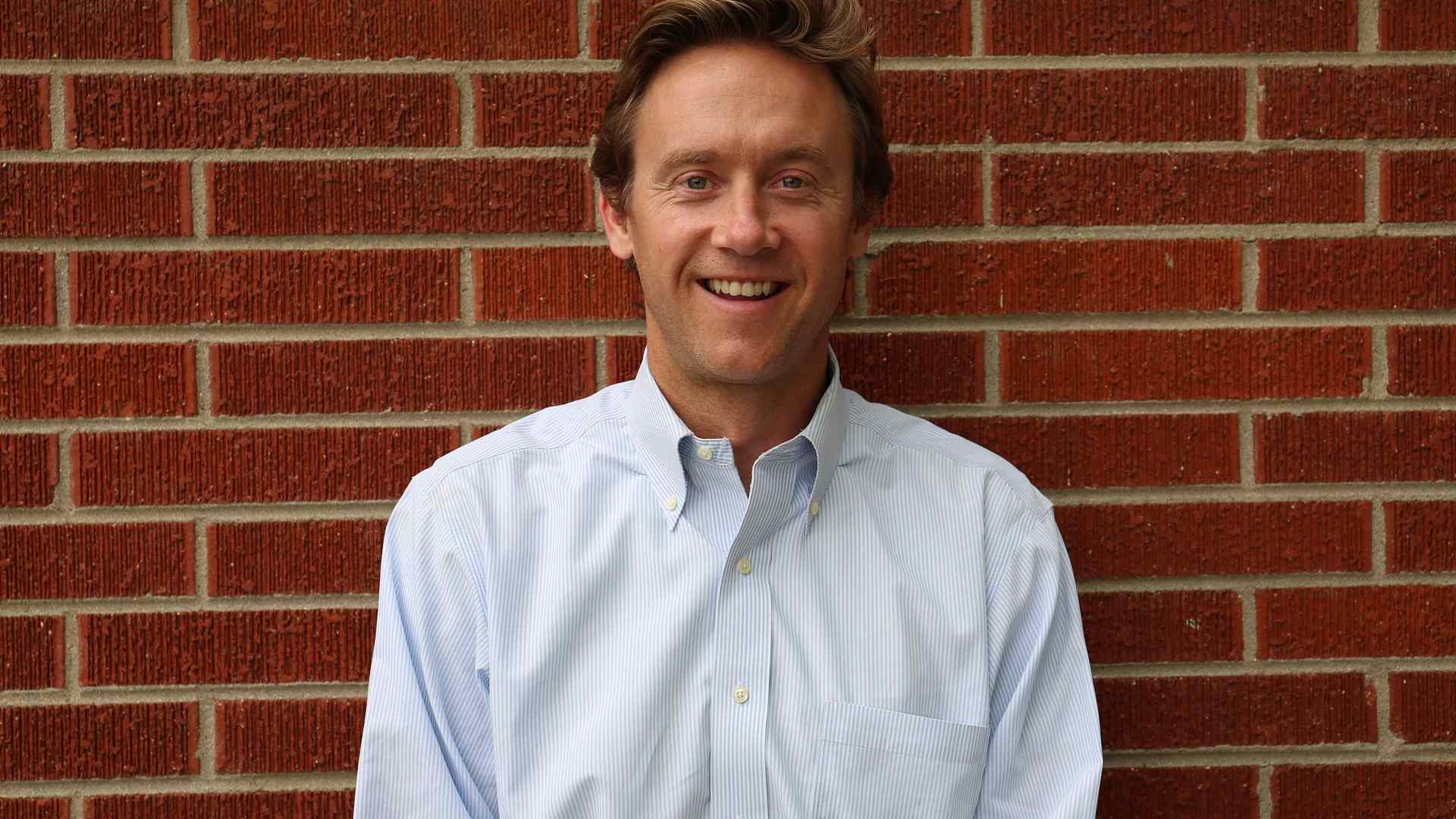
Johnston announced the unveiling of a new program which is called “the new Denver Asylum Seekers Program.”
“[The program] will open its doors to the approximately 1,000 people currently in the city’s newcomer shelter system….Individuals in the program will be connected to housing assistance options for up to six months from the date of their asylum application. Participants will also be connected with an innovative pre-work authorization readiness program, called WorkReady,” the announcement said.
Staying in Apartments
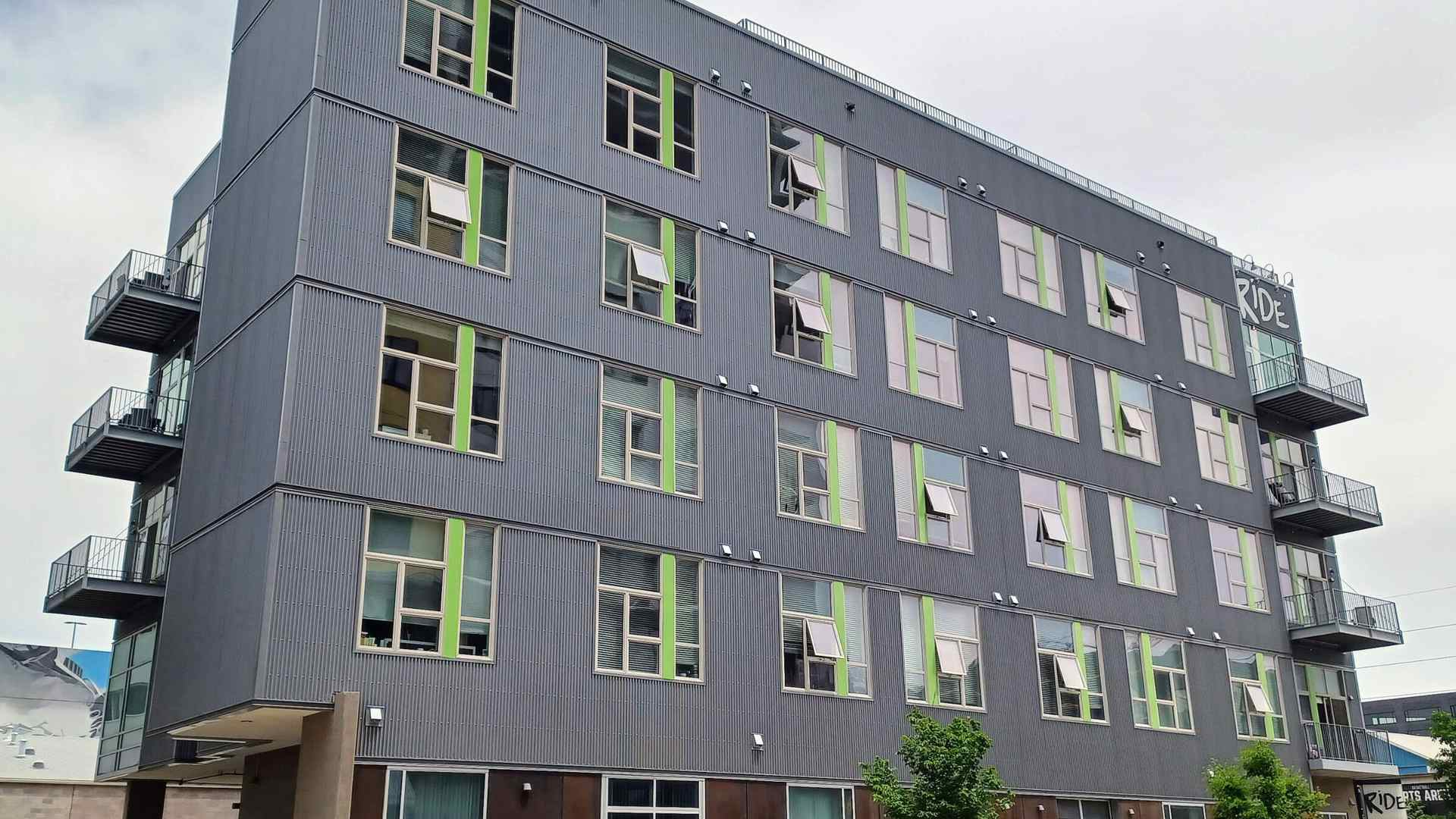
The Associated Press reports that this new Denver program will place the asylum seekers in apartments for up to six months and “provide job and skill training, opportunities to get certifications and unpaid work experience, food assistance and help with asylum applications.”
This time frame is much longer than in other cities struggling with increasing numbers of migrant arrivals. In New York, adult migrants only get 30 days in the shelter system, and Chicago has only recently begun enforcing a 60-day limit.
Complying With Federal Law
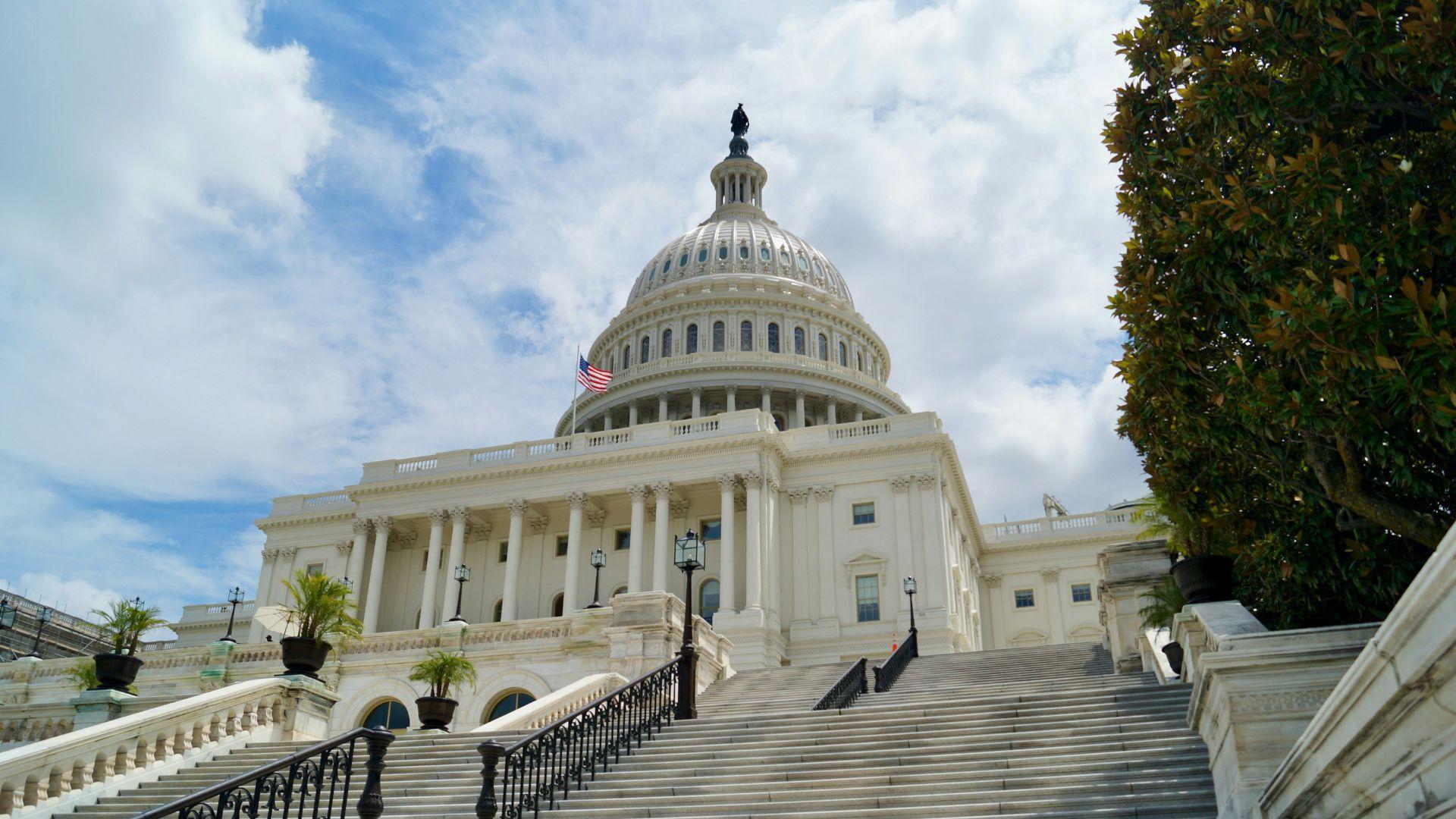
The six-month timeline for a stay in the new plan was instituted to act as preparation for asylum seekers who need to wait the necessary 180 days before they are allowed to apply for a work permit.
After a migrant applies for asylum there is a waiting period under Federal law before they are authorized for work.
Shift in Strategy
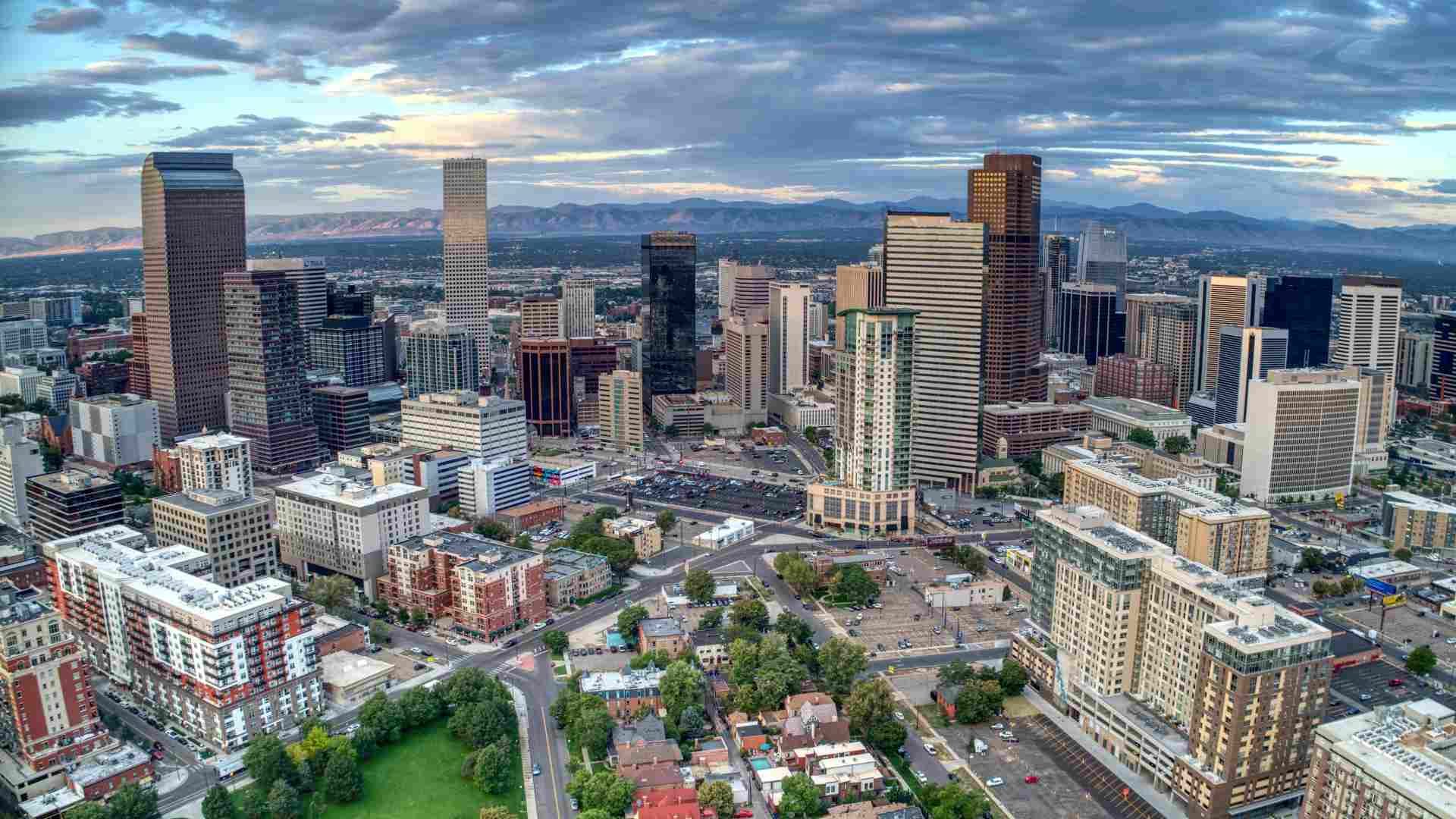
Johnston highlighted the benefits of the plan which he hopes will treat the city’s newcomers well while avoiding a budget shortfall.
“After more than a year of facing this crisis together, Denver finally has a sustainable plan for treating our newcomers with dignity while avoiding the worst cuts to city services,” said Denver Mayor Mike Johnston. “So many times we were told that we couldn’t be compassionate while still being fiscally responsible. Today is proof that our hardest challenges are still solvable, and that together we are the ones who will solve them.”
Win-Win
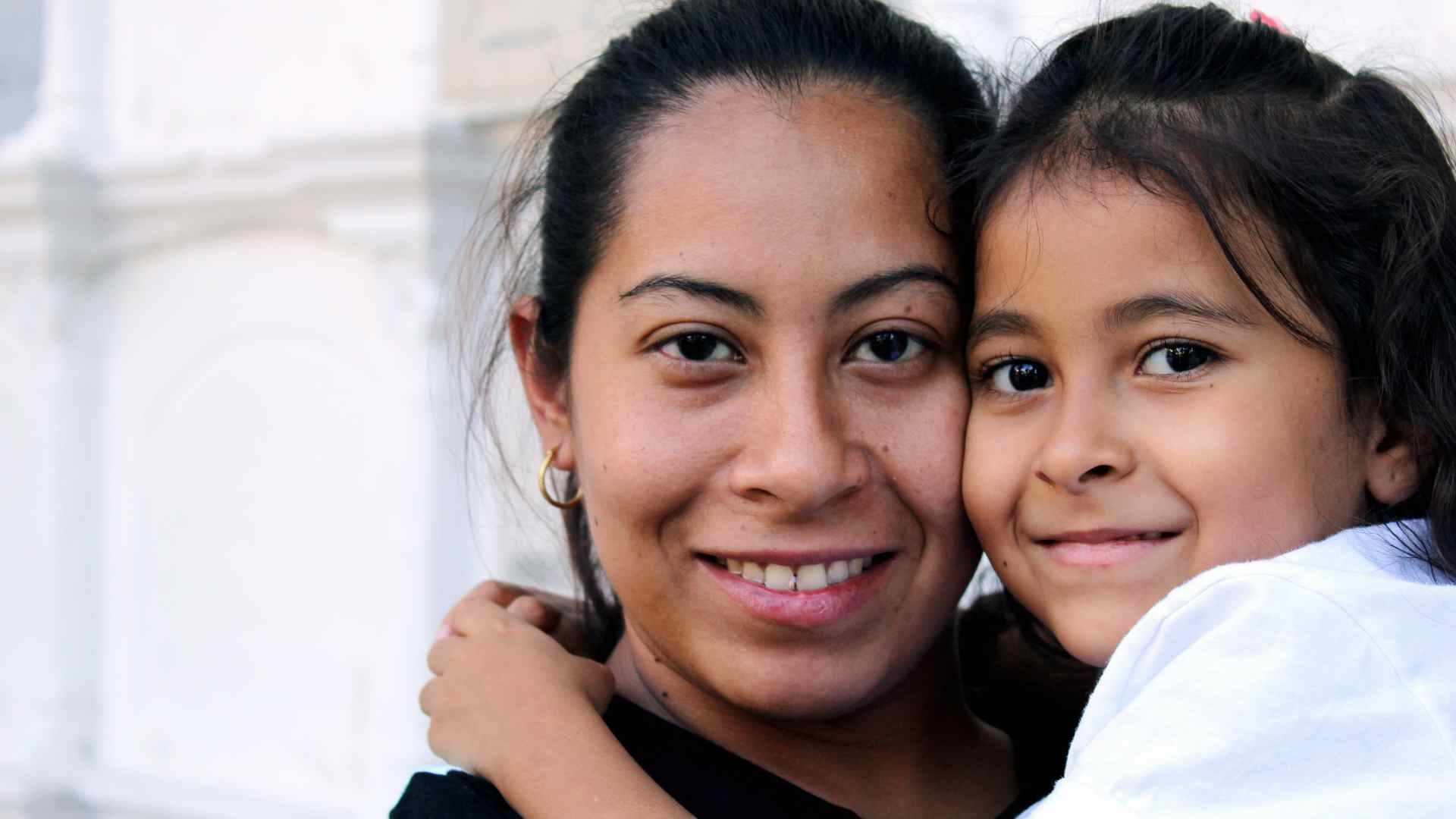
Yoli Casas, the Executive Director of ViVe Wellness, is quoted in the statement giving their support. Vive Wellness is a Latino organization with a mission geared toward helping low-income families.
“This new program is a win-win for everyone,” said Casas. “New arrivals will have the help they need to get back on their feet, and non-profits will have the capacity they need to serve people well.”
Migrant Shelters
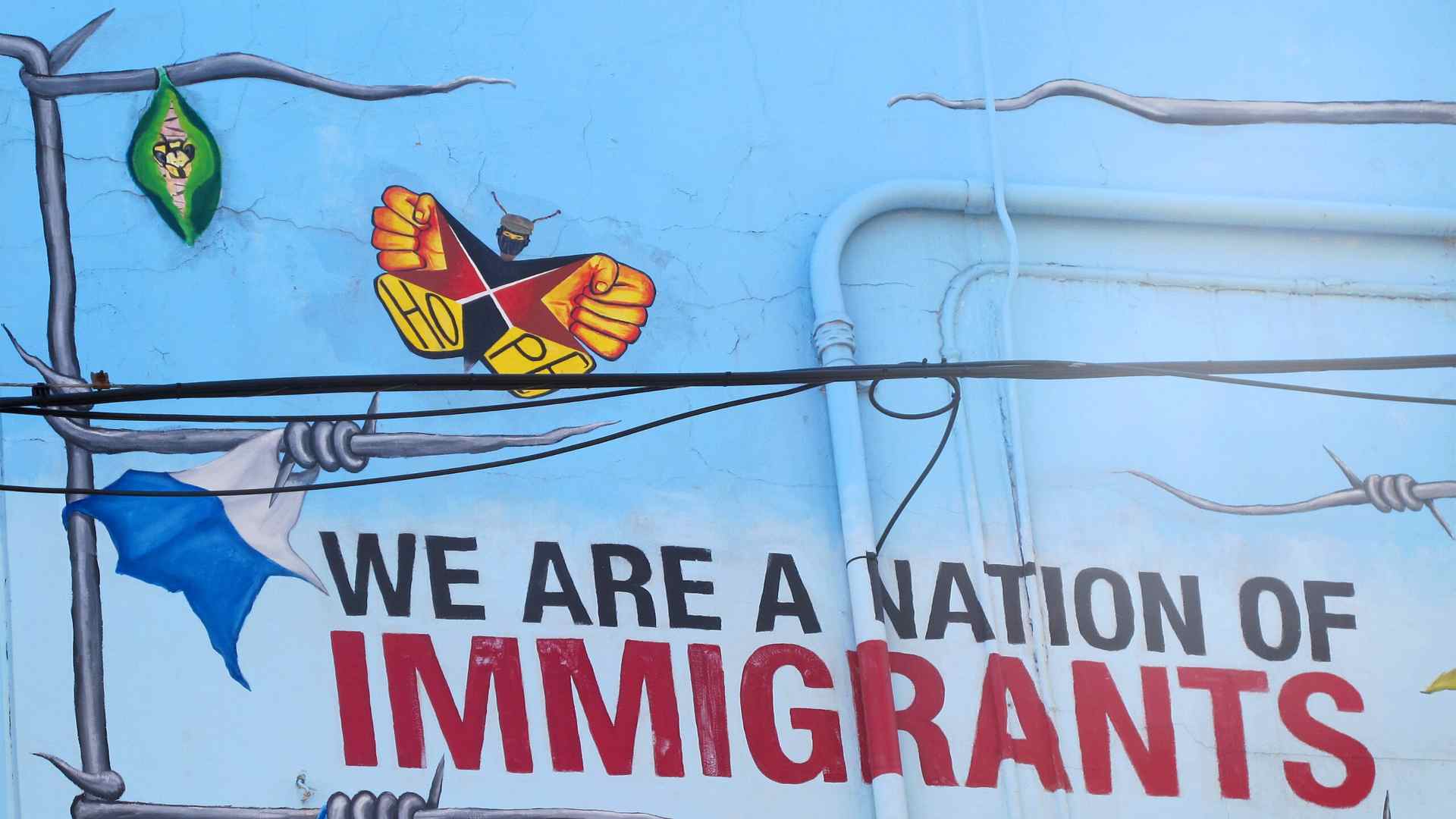
Previously, Denver had been significantly relying on its existing shelter infrastructure to house new migrant arrivals. The city had been using tax-payer-funded hotel rooms to accommodate the arrivals as their numbers continued to increase.
Earlier this year Denver announced it was closing all migrant hotel shelters save for one. This reduction is in response to the city’s budget which will only have half the allocation for supporting migrants that was originally expected in January.
Attempts at Aid
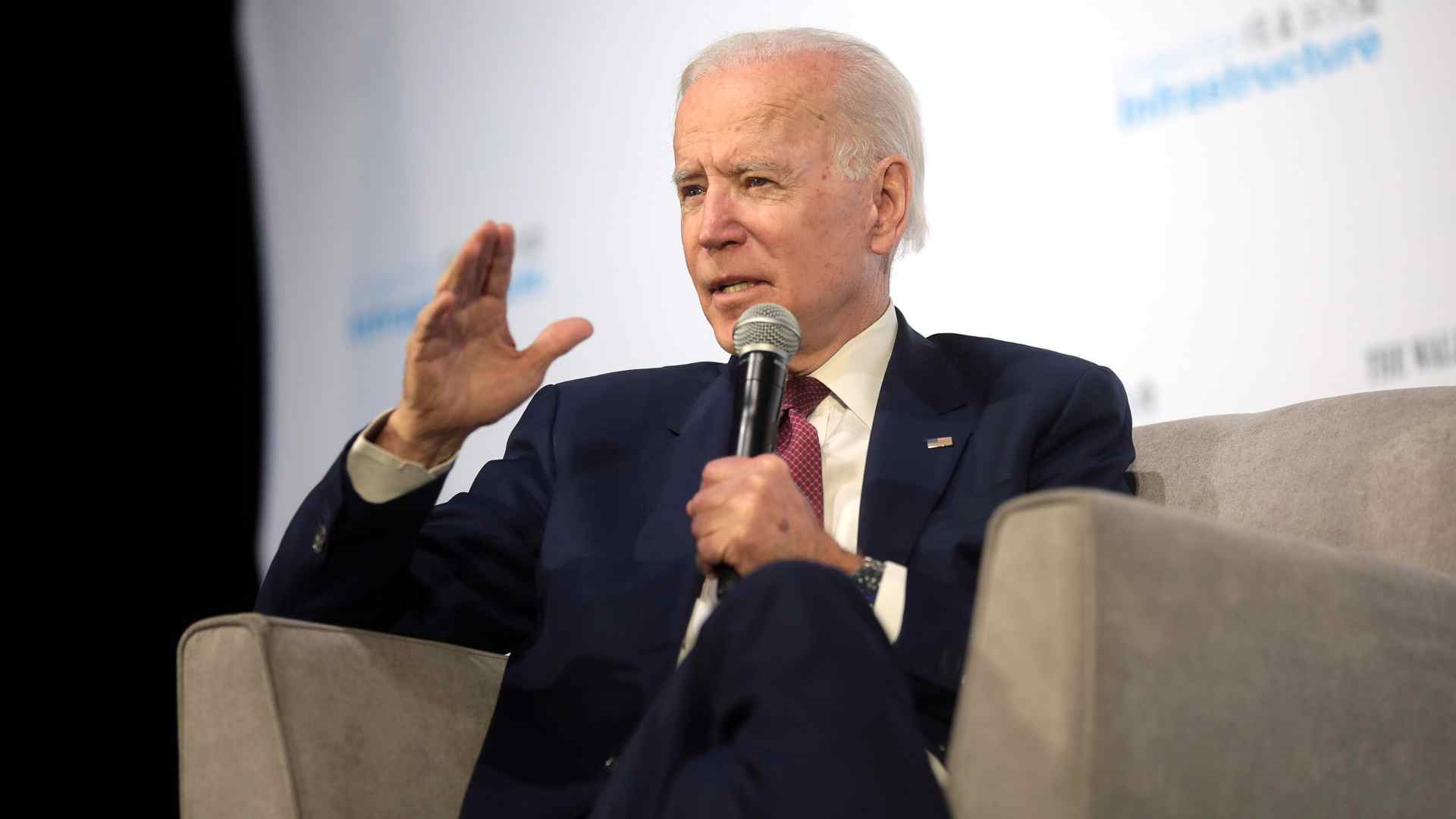
The city of Denver has been repeatedly requesting federal aid from President Biden to help offset the costs it has been spending to accommodate a recent influx of migrant arrivals.
Since the end of 2022, Denver has served over 41,000 migrants. Denver reports that it has spent over $58 million serving them and asserts it has the highest number of newcomers per capita of any city in the country.
Carrying on Regardless

In response to the requests for aid, Biden called upon Congress to deliver funds to help cities affected by the migrant crisis. However, Congress gave no such allocations, even cutting an important Federal program from $800 million down to $650 million.
Even without the aid, Mayor Johnston felt like he had to act to protect the new arrivals. “Whether we’d like the federal government to do it or not, that was no longer a choice for us,” Johnston said.
Migrant Rates
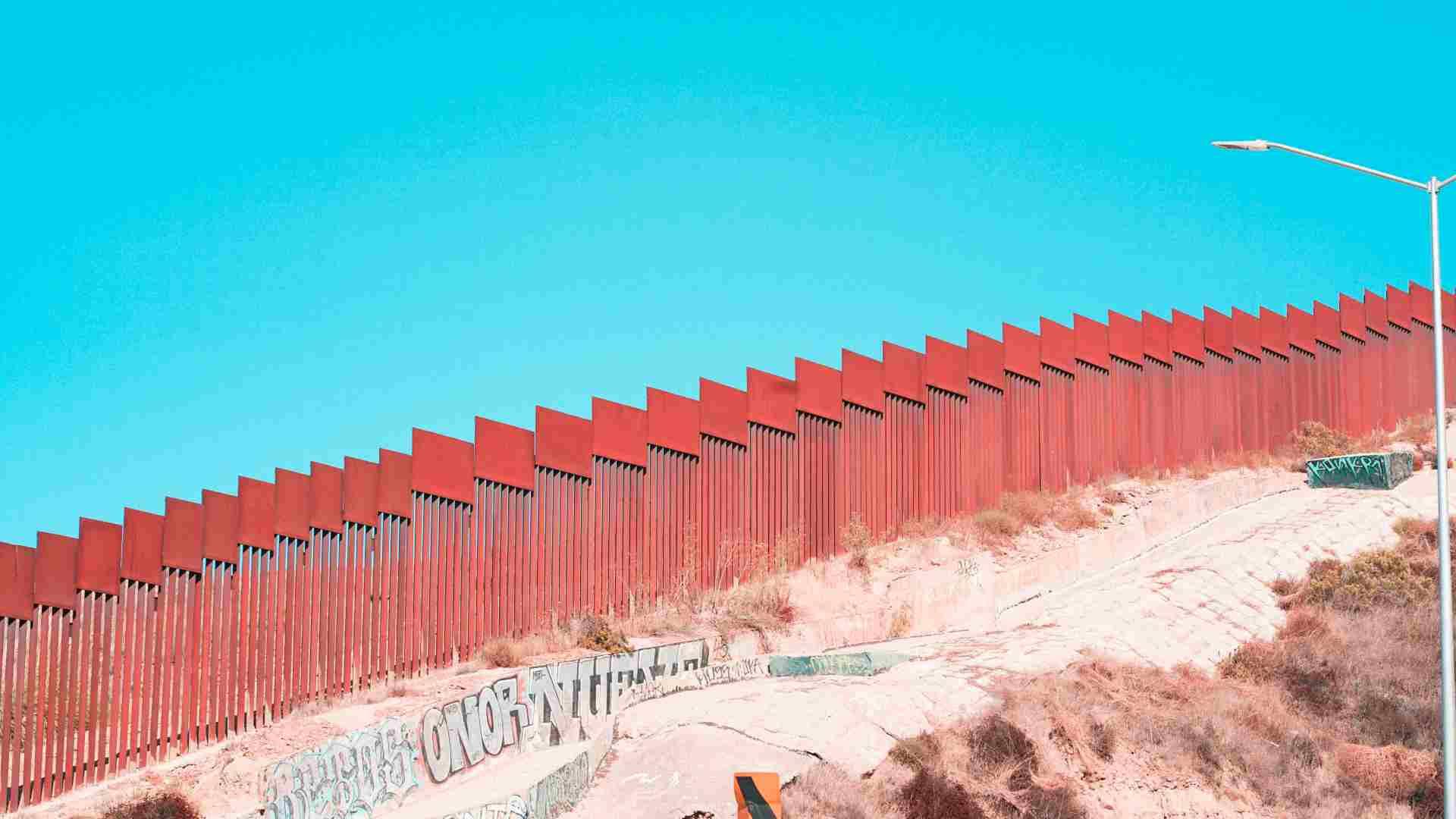
Reportedly, of the over 41,000 migrants served in the city, only 15,000 people have managed to find other housing solutions. Many of these migrants have sought to utilize rental assistance programs offered by the state of Colorado.
Currently, there are 800 migrants actively living in Denver’s shelter system, which the city expects to reach 1,000 in the coming days.
Volunteers Made it Happen

The city of Denver owes the existence of this program to the efforts of Denver residents offering up their apartments to be used. It also owes nonprofit organizations that have been giving resources in the form of debit cards so new arrivals can cook at home.
Mayor Johnston hopes that new arrivals in this program will quickly move to other locations or find housing with family or friends that they know.
Cracked the Code
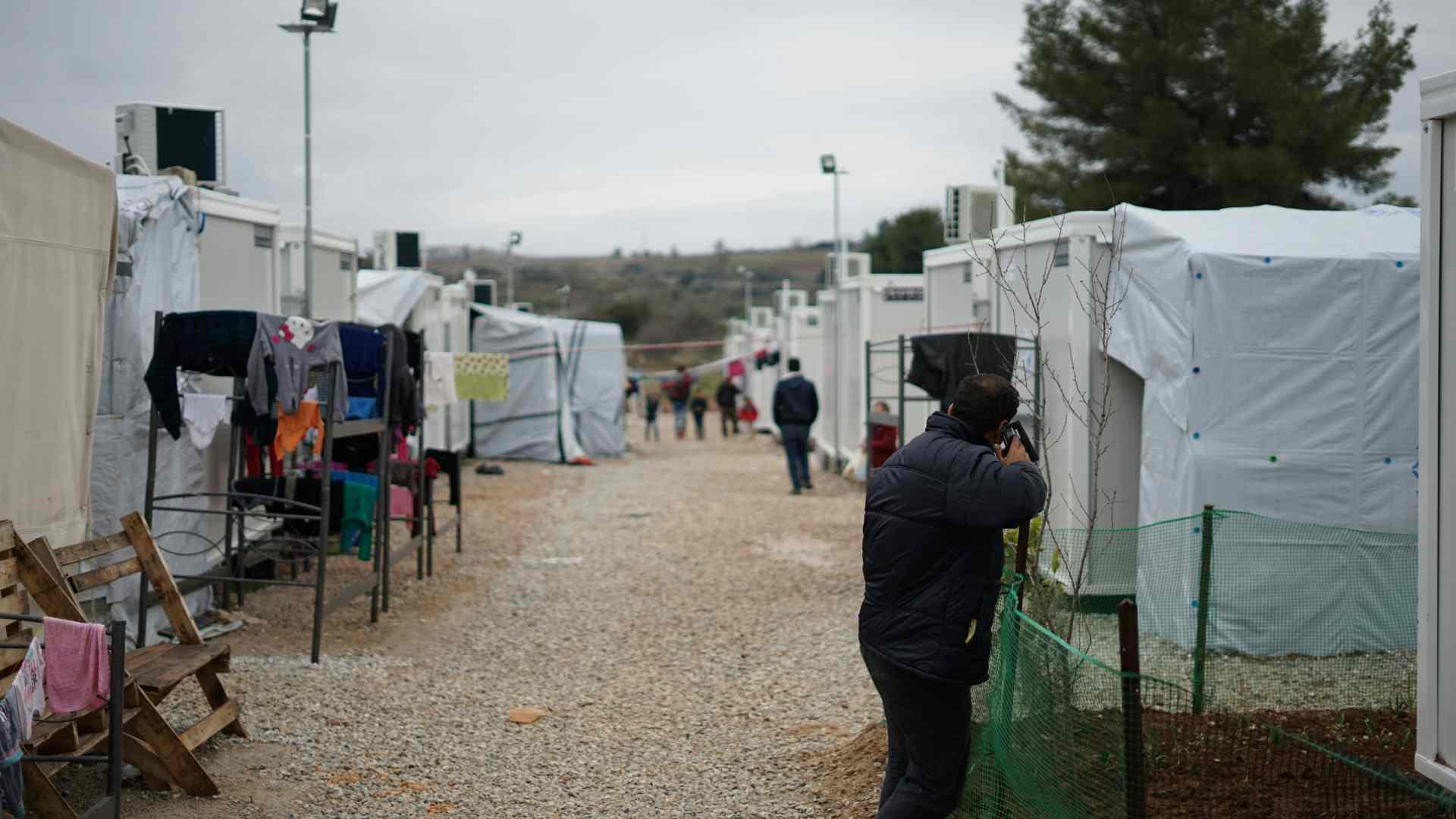
In the absence of federal funding to save the day, Mayor Johnston is proud of this new program, hoping other cities and states will implement a similar version.
“We are going to share this playbook with all cities around the country, we think we have now cracked the code on how to help people,” Johnston said.
